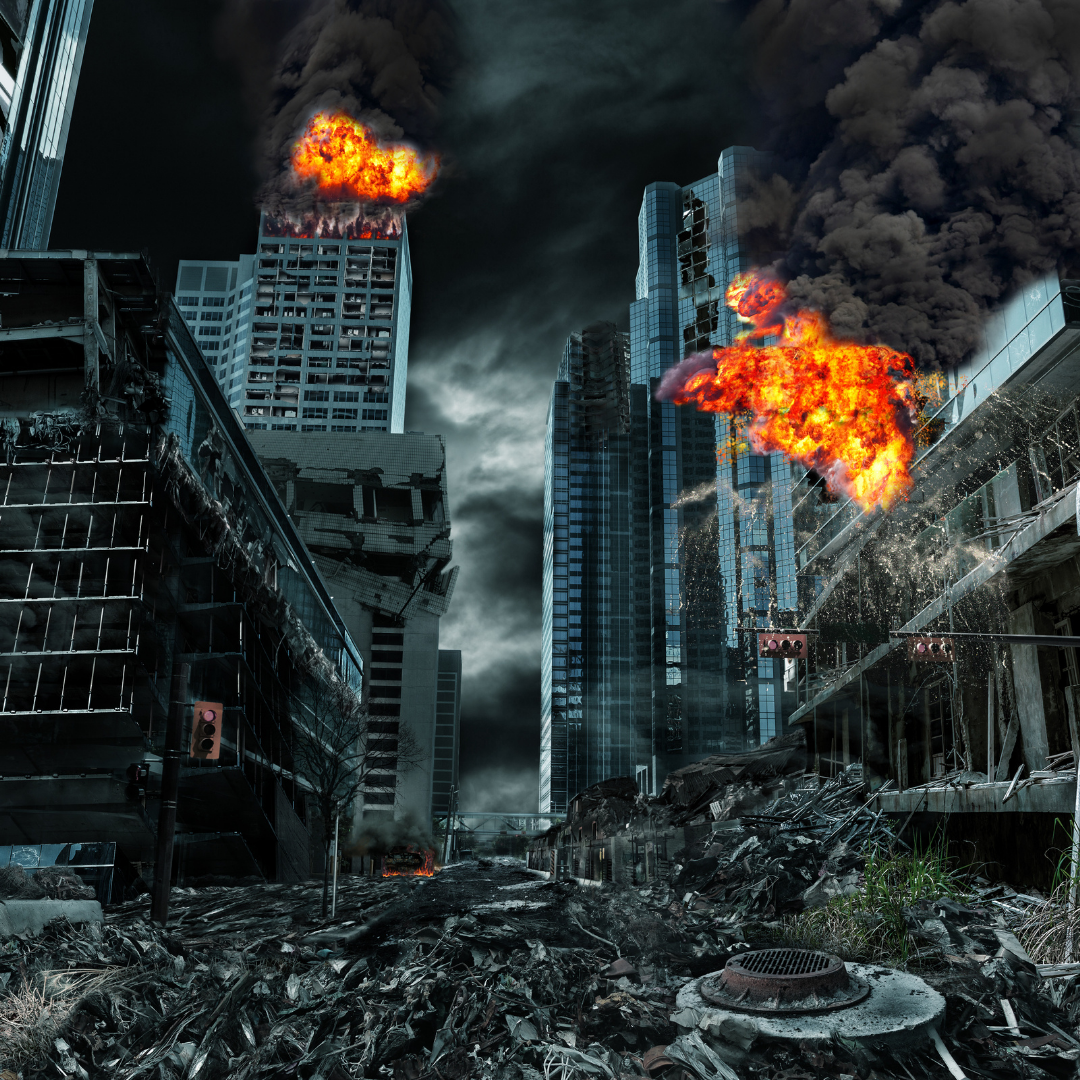Terrorism

Terrorism is the unlawful use of force, violence, or threats against persons or property to intimidate or coerce a government, civilian population, or segment thereof in furtherance of political, social, or ideological objectives. Although the BRADD region has not experienced a significant terrorist event, the potential for intentional acts—whether physical or cyber in nature—cannot be entirely ruled out. Modern terrorism encompasses a range of tactics, from attacks on critical infrastructure and public spaces to cyber intrusions targeting essential systems. While the overall likelihood of an incident in South-Central Kentucky is considered low, even isolated events can have substantial physical, psychological, and economic consequences. Recognizing terrorism as a potential hazard allows communities to strengthen interagency coordination, enhance situational awareness, and improve preparedness across public safety, infrastructure, and emergency response systems.
Terrorism is the systematic use of terror, especially as a means of coercion. No universally agreed, legally binding definition of terrorism currently exists. Common definitions of terrorism refer only to those violent acts that are intended to create fear (terror) are perpetrated for a religious, political, or ideological goal, deliberately target or disregard the safety of non-combatants (civilians), and are committed by non-government agencies. The United States Department of Defense defines terrorism as “the calculated use of unlawful violence of threat to inculcate fear, intended to coerce or to intimidate governments or societies in the pursuit of goals that generally political, religious, or ideological.
The major weapons and activities of terrorists include: chemical and biological agents, radiological dispersion devices (RDD commonly referred to as “dirty bombs”), nuclear weapons, conventional explosives, improvised explosive devices (IED which include incendiary devices), kidnappings, hijackings, arson, and shootings.
Other types of terrorism include:
Agri-terrorism: the intentional contamination of food supplies or the introduction of pets and/or disease agents to crops and livestock.
Cyber-terrorism: this is terrorism that involves computers and networks along with information they contain.